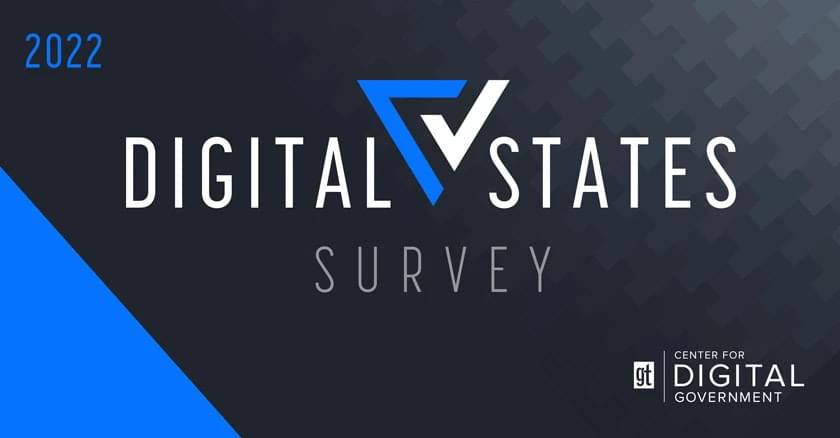Utah.Gov Honored by Center for Digital Government
Like other states when COVID-19 first hit, Utah's IT team had to rapidly go remote while simultaneously supporting a newly remote customer base and launching many digital services. Tools for activities like vaccine tracking and unemployment claim fraud prevention helped deliver strong health and financial outcomes.
"We ultimately, as a state, came through very successfully with some of the lowest death rates and some of the highest economic outcomes," said CIO Alan Fuller.
That wasn't the only major transition facing IT. The building housing Utah's data center was slated for demolition, forcing the team to move all its equipment and operations.
In 11 months, IT decommissioned, shifted to the cloud or physically transported more than 2,000 servers and more than 3,300 pieces of equipment. It also modernized, upgrading 10GB Internet to 100GBs and re-platforming systems. Transitioning more services to the cloud has also improved performance and positioned the state to use new technologies like AI, said Chief Technology Officer Dave Fletcher.
"We didn't have any major breakdowns or anything throughout that move," Fletcher said. "We're maintaining hundreds and hundreds of services to citizens; we're maintaining 1,600 applications supporting state agency operations. All of that continued pretty seamlessly throughout the entire move. So, I think that's the big one [accomplishment], especially over the last year, is that successful move and what it implies."
Data-driven customer service is increasingly top-of-mind, and IT has been featuring feedback-gathering tools on state websites to learn directly from users about their experiences, Fuller said. So far, these efforts have been implemented agency-by-agency, but Fuller hopes to expand it across government and across channels, helping the team learn, for example, what motivates residents to seek in-person services over online options and how improvements could answer these needs.
Utah is also emphasizing privacy and reconsidering what data it truly needs to collect, Fuller said. Supporting that work is a Personal Privacy Oversight Commission, which recommends privacy statutes, and new privacy officials. The state made the rare move of appointing not one but two privacy officers. One supports the executive branch, while the other focuses on local government, elected officials and other state entities.
Data privacy statements featured on state websites help to further foster residents' trust, Fletcher said, and Fuller said the various initiatives have made privacy a regular part of agencies' conversations when they consider how to share data.
